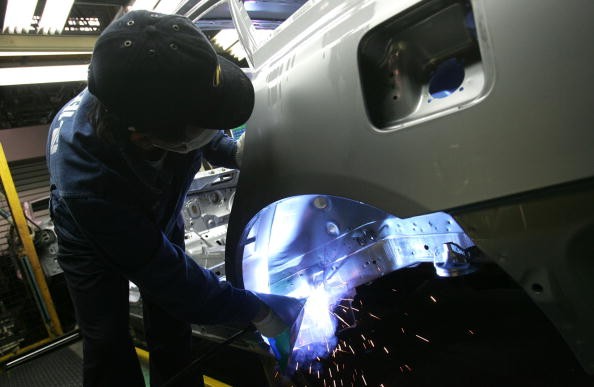South Korean automakers Hyundai and Kia recorded significant drops in China sales last month as economic retaliation over THAAD deployment intensified.
In its April 4 report, Hyundai Motors revealed that it only sold 56,026 automobiles in the Chinese market last month, a 44.3 percent drop from the previous month's sales.
Meanwhile, Kia Motors reported sales of only 16,006 vehicles last month, a 68 percent decrease.
Together, the two companies sold 72,032 vehicles last month, which is a dip of 52.2 percent from the same period last year.
While China has not implemented an official campaign to boycott Hyundai and Kia, there had been predictions that the automobile sector would suffer due to the THAAD deployment.
Because of the THAAD deployment, Chinese citizens are angry at South Koreans for being "traitors."
The Chinese website Sohu Auto declared that "true patriotism means supporting Chinese products" and not necessarily boycotting South Korean cars. It also claimed that their local products are now more cost-effective than those from South Korea. It added that six of the top 10 sport utility vehicles sold in China last year were locally made.
Hyundai is about to complete the construction of a fifth factory in the city of Chongqing in China and is worried that the situation might prevent it from finishing the construction and cut production at its other factories.
The company suspended operations between March 24 and April 4 at its Changzhou plant, which produces 300,000 vehicles per year, for what it termed as an "ordinary production line review."
In its Beijing factory, Hyundai temporarily halted nighttime assembly late last month. Observers noted that Hyundai needed to adjust its production due to the drop in Chinese sales.
Hyundai has seven factories in China and has been planning to accelerate its market strategy once the new Chongqing factory starts operating in August.
Meanwhile, Kia, which has three factories in Yancheng, suspended operations for a week in all three.
The Hyundai Group had previously feared the anti-Korean sentiment but figured since its Beijing Hyundai Motors is a joint venture with China, the latter would not do anything that stood to hurt itself.
Dongfeng Yueda Kia is also a joint venture.



























